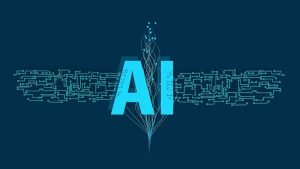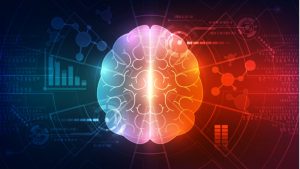Bloomberg Philanthropies has named 23 mayors from across North, Central, and South America to join the organization’s City Data Alliance. As part of the alliance, the mayors will receive multi-year operational and technical coaching on how to leverage data and artificial intelligence to assess needs, strengthen services, and codify policies that enshrine and spread results-based practices across their city hall organization.
The New Hampshire Department of Education (NHED) has signed a contract with Khan Academy to offer an artificial intelligence platform pilot for educators and students in grades 5-12 statewide.
The Regional Transportation Commission (RTC) of Southern Nevada has completed a new pilot program to study if artificial intelligence (AI) can help improve transportation safety.
Boston University (BU) recently released its AI Task Force Report, which includes a push for the university to “critically embrace” artificial intelligence (AI) technologies across campus.
The No Tech Criminalization in Education Coalition (NOTICE) and more than 40 other civil rights and education organizations sent a letter to the U.S. Department of Education (ED) last month calling for a ban on Federal funding for school surveillance systems that rely on algorithms and other artificial intelligence (AI)-enabled technology for predictive policing and other harmful practices.
Rhode Island Gov. Dan McKee has signed a new executive order (EO) that established an AI task force and data center of excellence.
The Jordan School District – one of the largest districts in Utah – is partnering with SchoolAI to bring generative AI technologies into classrooms for personalized one-on-one tutoring, guidance, and support.
The National Science Foundation (NSF) announced this week the establishment of the first-ever NSF Regional Innovation Engines (NSF Engines), awarding 10 teams a potential $1.6 billion over the next decade.
Arizona State University (ASU) announced a new partnership with OpenAI – the AI research and deployment company behind ChatGPT – that will enable faculty and staff to explore the potential of generative AI to enhance teaching, learning, and discovery, while also ensuring increased levels of privacy and security.
The Federal Communications Commission (FCC) is moving to reestablish a new version of its Communications Security, Reliability, and Interoperability Council (CSRIC) advisory committee to take a look at how artificial intelligence (AI) and machine learning (ML) technologies can boost communications network security.









